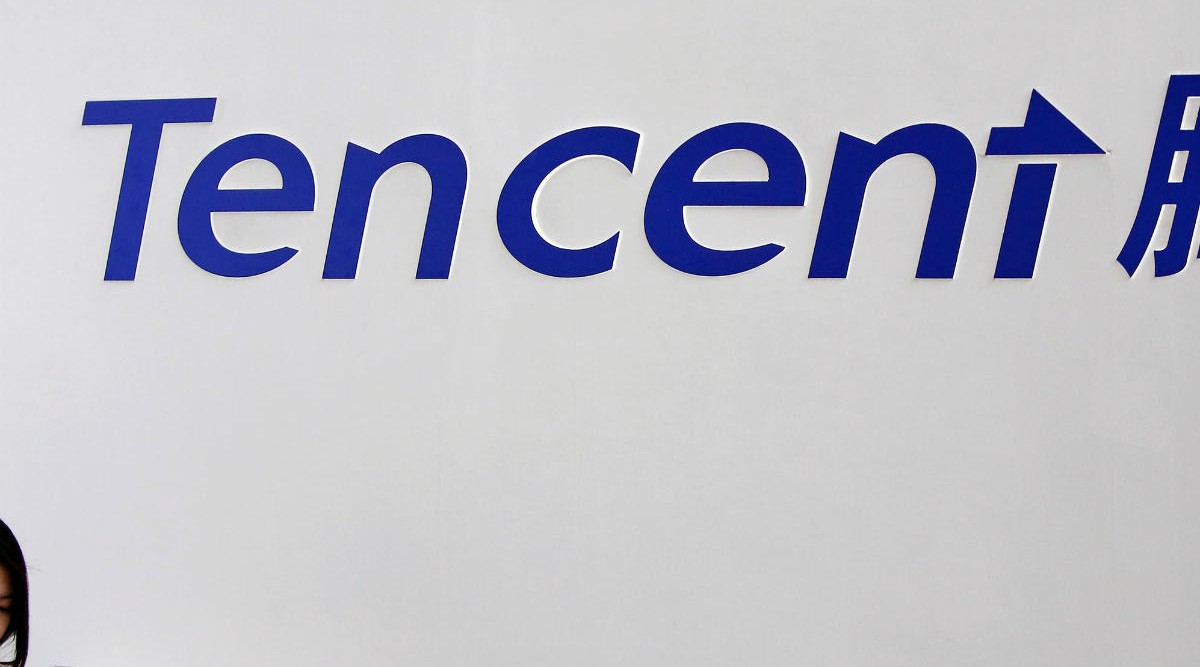
Tencent Holdings Ltd tried to reassure investors that US President Donald Trump’s ban on its WeChat messaging service may apply only to its overseas operations, suggesting the impact on the world’s largest gaming corporation should be modest.
The Chinese company’s shares gained as much as 2% in Hong Kong. During a conference call after earnings, executives repeatedly emphasized the distinction between WeChat, which is used outside China, and Weixin, a similar service within the country. Trump’s executive order specifically mentioned banning the former because of alleged risks to American national security.
“The executive order is focused on WeChat in the United States and not other businesses in the U.S.,” said Chief Financial Officer John Lo. “We are in the process of seeking further clarification from bipartisan parties in the U.S.”
Trump ignited a furor after signing the order to ban U.S. entities from dealing with WeChat — along with TikTok, ByteDance Ltd.’s viral video platform — from September. Confusion reigned as investors grappled with the sweeping language of Trump’s order — which bars “transactions” with the Chinese company — that leaves the door open for the administration to extend it well beyond the service in America.
Despite stating at the outset it wouldn’t get into hypotheticals, Tencent fielded question after question revolving round the ban, which wiped $66 billion off the company’s market value after it was announced last week. Executives said several times they were still figuring out how the order would be applied.
Their comments came after Tencent boosted revenue at the fastest pace in two years and reported profit that beat the highest analyst estimate. Sales rose 29% to 114.9 billion yuan ($16.5 billion) in the three months ended June, while net income increased to 33.1 billion yuan.
The expectation has been that Trump’s order would result in WeChat getting pulled from Apple and Google’s app stores, where the vast majority of smartphone owners get their applications. That would mean suspending updates or even blacking out a service vital to communications on the factory floor, in households and the boardroom. Apple Inc. would be at particular risk if it couldn’t offer the software on iPhones in China.
Tencent executives also fielded questions about whether American companies would be able to keep doing business with the Chinese tech giant. U.S. companies like Starbucks Corp. and Walmart Inc. collaborate with Tencent in China and generate advertising and e-commerce revenue for the company. The U.S. represents less than 2% of Tencent’s global revenue, executives said.
“When we saw the executive order a couple days ago, they specify quite clearly they cover the U.S. jurisdiction, and consequently, we don’t see any impact on companies’ advertising on our platform in China,” said James Mitchell, chief strategy officer.
China’s biggest social media company has benefited from an internet resurgence during the coronavirus pandemic. It won approval from Beijing to earn money from Call of Duty Mobile, the smartphone version of a long-running franchise that will underpin its gaming business, and has charted a line-up of new titles for 2020 to shore up resilient franchises Peacekeeper Elite and Honor of Kings.
New titles like Brawl Stars drove a 40% surge in online gaming revenue during the quarter — its biggest increase since 2017. It’s also driving discussions to merge U.S.-listed Huya Inc. and DouYu International Holdings Ltd. to create a Twitch-like $10 billion local leader in games streaming. Tencent has already folded Huya’s results into its own, swelling both its top and bottom line.
One risk to its outlook was the surprise delay of Mobile Dungeon&Fighter, though analysts expect eventual approval for a Nexon Co. title that’s supposed to be Tencent’s tent-pole for the second half.
”Although the direct revenue impact is small, Mobile DnF’s delay and the WeChat ban in the U.S. cast a shadow over the near term outlook,” Bernstein analyst David Dai said.